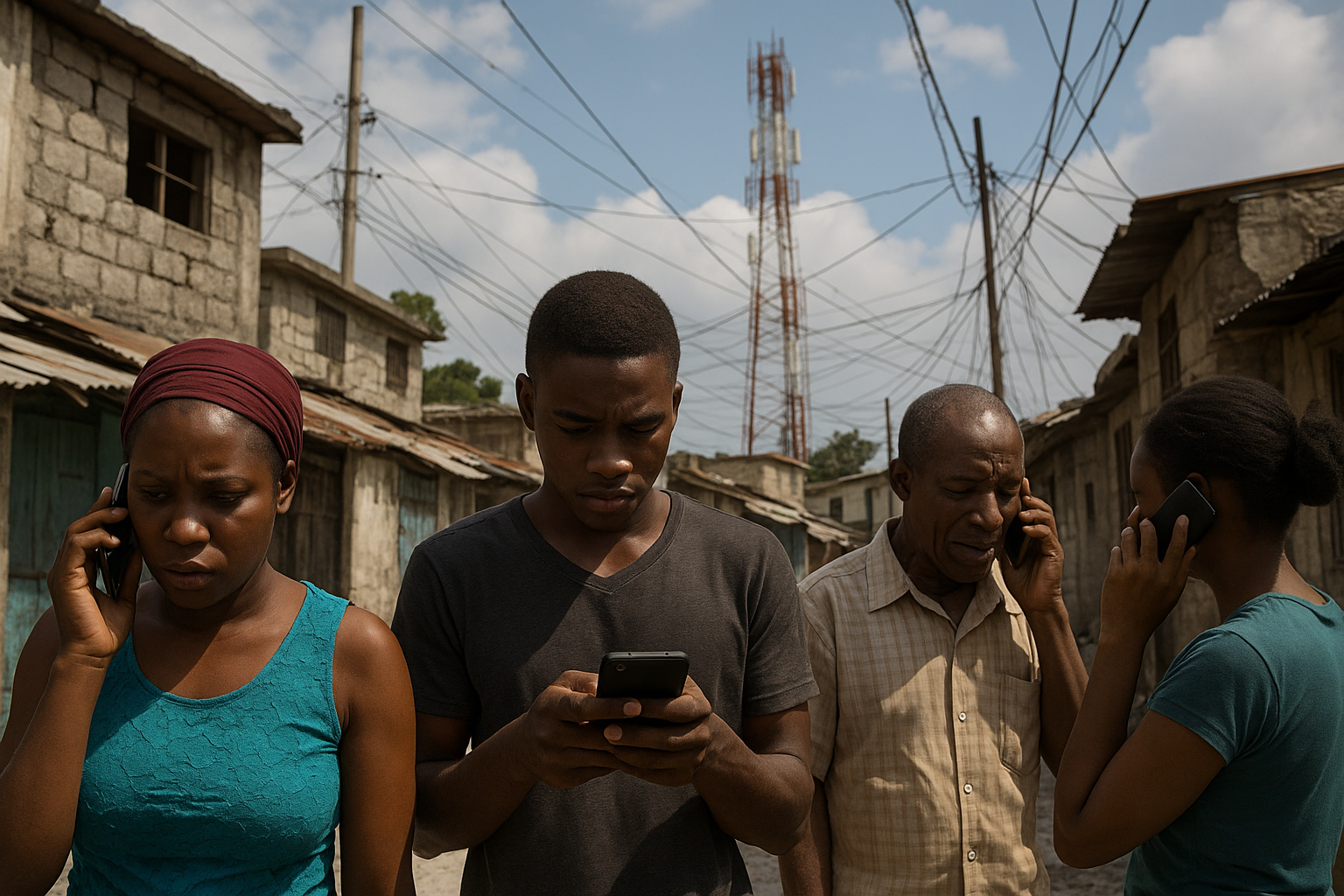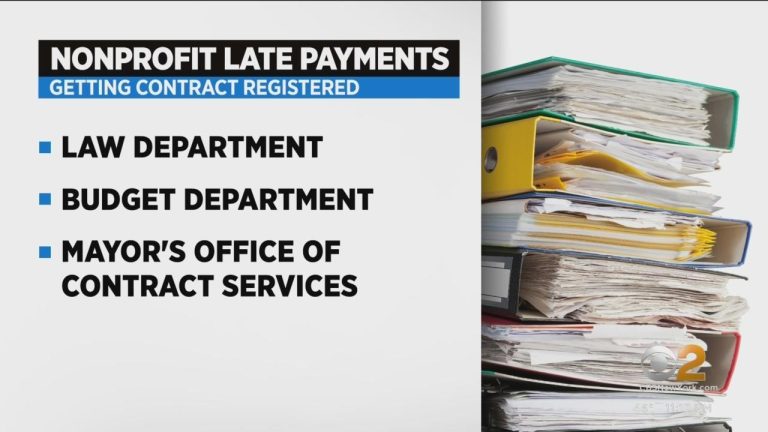In a world where information is power, who controls Haiti’s telecommunications may quietly dictate its future. Beneath the surface of mobile networks and fiber cables lies a complex web of foreign influence, hidden military interests, and the stark reality that Haiti’s sovereignty continues to be outsourced. At the center of this conversation is Natcom, a major telecom operator in Haiti, 60% owned by Viettel Global—a state-run company under Vietnam’s Ministry of National Defence.
The Quiet Takeover
In 2011, Haiti’s government entered a public-private partnership with Viettel Group to form Natcom after privatizing its former state-owned telecom, Teleco. At first glance, the deal seemed like a win: investment, modernization, and expanded access. But what went overlooked was the true nature of the partner.
Viettel is not a regular telecommunications firm. It is a military-controlled entity, directly operated by Vietnam’s Ministry of National Defence. This means that a foreign government—with its own geopolitical ambitions and intelligence apparatus—owns the majority stake in Haiti’s communications infrastructure. This is not just business. This is strategy.
The Global Web of Viettel
Vietnam has long practiced what geopolitical analysts call “pragmatic multilateralism,” cooperating with both Western and Eastern blocs without fully aligning with either. Through Viettel, it has established telecom footholds in countries across Africa, Latin America, and Southeast Asia. These operations are not simply commercial—they double as extensions of Vietnam’s cyber capabilities.
Viettel operates Unit 86, Vietnam’s elite cyber warfare unit. While officially intended for defense, this unit has the capability to monitor, intercept, and exploit communications infrastructure. When a country like Haiti cedes majority control of a core telecom provider to such an entity, it is effectively allowing a foreign military to install a digital outpost inside its borders.
What Is at Stake for Haiti?
- National Security: Without sovereign control over telecoms, the government of Haiti cannot guarantee the confidentiality of its own communications.
- Data Sovereignty: Haitian citizens’ private data may be stored, monitored, or processed by foreign entities with zero accountability.
- Policy Vulnerability: Any attempt to regulate or nationalize telecom infrastructure could face legal and diplomatic resistance from a well-resourced foreign state.
- Strategic Disempowerment: In crises, whether natural disasters or political unrest, foreign-controlled networks may be leveraged or shut down at will—not in Haiti’s interest.
A Precedent No Nation Should Accept
No powerful country would allow this. The United States, China, Russia, even Brazil, guard their telecom sectors as pillars of national defense. So why does Haiti, a nation still grappling with foreign intervention and internal instability, accept a setup that leaves its digital sovereignty in the hands of a foreign military-backed firm?
The answer lies in desperation, short-term deals, and a lack of strategic oversight. But that must change.
What Must Be Done
- Public Audit: Haiti must conduct a full public review of its partnership with Viettel and disclose the terms and risks.
- Ownership Reform: New laws must require that no foreign state-owned entity hold majority control of any critical infrastructure.
- Data Protection Laws: A national data sovereignty act must be passed, with strict regulations on where and how Haitian data is stored and who can access it.
- Diaspora Investment: Encourage Haitian diaspora and local private sector leaders to co-invest in building indigenous telecom and tech infrastructure.
Final Thought
Telecom is not just about phone calls and internet speed. It is about who listens, who controls, and who decides what information flows through the veins of a nation. Right now, a Vietnamese general has more control over Haiti’s communications than any Haitian official or citizen.
That should alarm us all.












Add a comment